With Cannabis legalization coming this year in Canada, people are asking a lot of questions about how it will be regulated and prevented for use by underage youth. The federal government announced a consultation paper in which they outline cannabis regulatory proposals for authorizations, security, product packaging and labelling, cannabis in health products, cosmetics, and more.
While the federal government is responsible for the licensing of cannabis and its derivatives, provincial governments authorize distribution and retail sale. Additionally, the minimum age requirement and the maximum amount of cannabis an individual may possess is at the discretion of the provinces, therefore there may be variations among provinces. As of now, the federal Cannabis Act will allow the production and sale of dried cannabis, fresh cannabis, cannabis oil, cannabis plants and cannabis seed.
Currently, there are prescription drugs containing cannabis, with parts of the cannabis plant that fall under the Controlled Drugs and Substances Act. Non-prescription health products such as natural health products, and medical devices, and non-prescription drugs may have cannabis present – although it is only the parts of the cannabis sativa plant that are not under the Controlled Drugs and Substances Act, or parts of the plant that are controlled under the Industrial Hemp Regulations. Even though there isn’t a limit of how much cannabis sativa can be in the non-prescription health product, there must be a THC content of equal to or below 10 ppm.
Changes to cannabis in non-prescription health products after the legalization will be that any part of the cannabis sativa plant that will be legal under the Cannabis Act may be present, although the limit of THC of 10 ppm or lower will remain.
We are hearing that current regulations regarding cannabis in cosmetics will be unaffected by cannabis legalization. At this time, cannabis in the form of ‘Cannabis sativa seed oil’ and ‘Hydrolyzed Hemp seed protein’ are allowed in cosmetics as long as they have less than 10 µg/g THC (delta-9-tetrahydrocannabinol). Cannabis as ‘Narcotics, natural and synthetic’ is prohibited. There are however many topical cannabis-based products being manufactured and distributed so we expect further development in the regulation and science of these products.
While discussions have now been closed regarding this consultation paper, further information on cannabis regulatory proposals may be found here.
For more information, please do not hesitate to contact Focal Point Research Inc. We are leading Canadian regulatory and Health Canada consultants for Natural Health Products, OTC Drugs, Cosmetics, and other personal care products.

Recent Comments